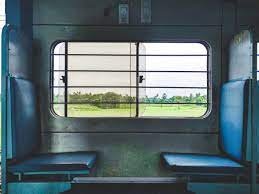
"Papa, do I have to go school today?" asked my four year while breaking an egg.
My immediate reaction was "Yes, of-course you do."
"But then the entire day will be wasted. Look outside, it's such a beautiful day" he replied.
The boy had a point.
I asked him "Wouldn't it be better if school was in the afternoon and we can play in the morning?"
He replied with a resounding "Yes!"
Play. A rare recreational activity losing its ground to grades and degrees.
Schools are a money generating conveyor belt. There has never been a better way to kill a child's personality and reduce them to mediocre. The focus of our education system is on child's short-term memory. As long as one can retain the information for a short period and write it on a test, they are a good student. Instead of seeking knowledge, students seek straight A’s.
When I meet a student, I ask “Would you rather get a 60% in a subject but actually learn the material or 90% without learning anything?”. Most pick the later because they know that is what they are being tested for. This must change.
It would be wrong to put the entire blame on schools. Parents tend to think that as long as the school fees are being paid, their job is over. Wrong. Schools cannot replace parents or nature.
We are raising anxious kids. Anxiety that will seep into their friendships, relationships, marriage and finances.
“Kids are told that riding the conveyor belt is the key to success. But schools are procrustean, individuality-smashing machines. The trophies are hollow. The grades are basically meaningless. Their rewards bring only fleeting satisfaction” - David Perell
Get access to premium content before the rest of the world. Subscribe.
Trekking is the antidote to our poisonous education system.
Going on a trek is an ideal way for a child to experience how life is meant to be lived - being attentive to the present. Not hurried. There are no goals. You are walking. You reach a point, turn around and come back home. No race or competition. But experiencing time without any distractions and worries makes your present come alive.
No wonder so many young trekkers come back from nature and don't have words to explain the experience. They don't remember being so alive. It's unimaginable for them to have a good time without looking down at a screen.
If your test score, college degrees and salary are a vessel, the experience of being in nature is what fills it up. Otherwise, it’s empty.
“Since we do not have the benefit of comparison when we are young, our parents are godlike figures to our childish eyes. When parents do things a certain way, it seems to the young child the way to do them, the way they should be done. If a child see his parents day in and out behaving with self-discipline, restraint, dignity and a capacity to order their own lives, then the child will come to feel in the deepest fibres of his being that this is the way to live. If a child sees his parents day in and day out living without self-restraint or self-discipline, then he will come to the deepest fibres of being to believe that this is the way to live”
Scott Peck, The Road Less Travelled
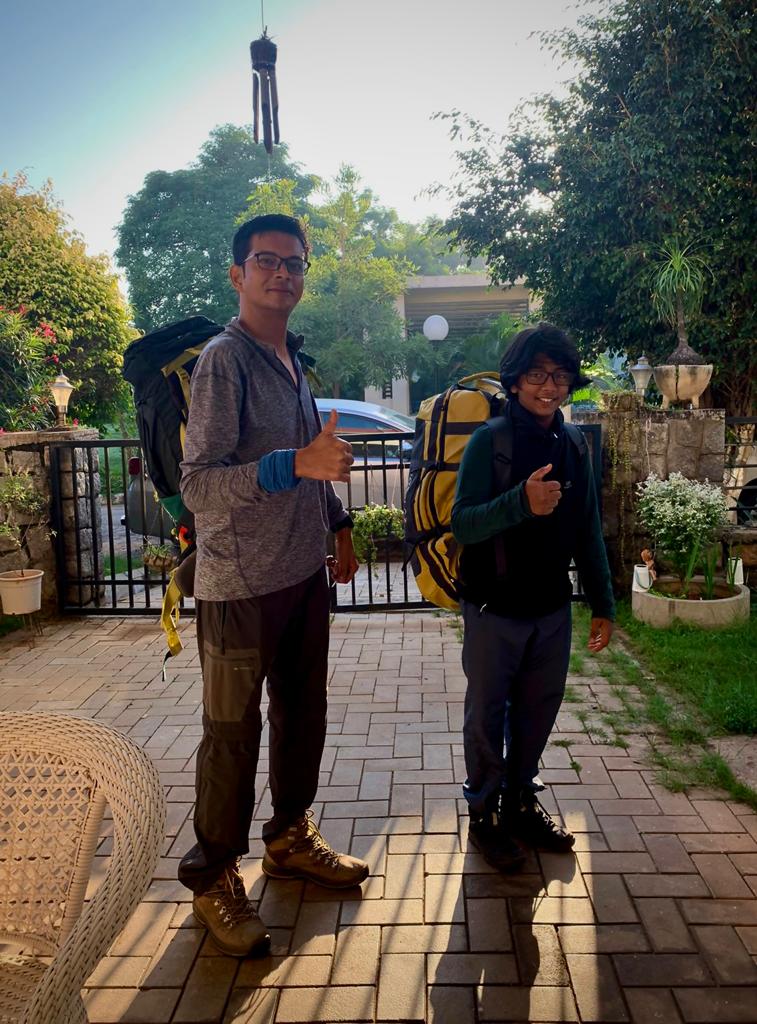
My tentmate Abhishek took his son Ayush to Sandakphu when he was 8! That’s the highest peak of West Bengal. They then did Kedarkantha when he was 9. In 2021 Ayush joined our trekking group ‘Mountain Men’ and climbed Bali Pass with us when he was 11. In August 2022 when Ayush turned 12, he attempted Kang Yatse II with us, a 6000 meter peak! If it wasn’t for AMS at base camp he would have reached the summit. I fired a few questions to Ayush's mom to understand if trekking had done anything for her son. Abhishek and Ayush, both are close to the sport so I wanted to hear an unbiased perspective.
Me: The three of you have trekked together a few times, what was that family experience like?
Aditi: Difficult to express in words, it was tough, completely out of comfort zone from anything we had done before. It definitely brought us together as a family and put us in places and situations where we had to come out of it together.
Me: What changes in personality / demeanour have you observed in Ayush since the time he has picked up trekking and now rock climbing?
Aditi: I think this is key and only few things can be immediately observed I believe this is shaping his personality for the long term and will help him in many different ways with situations he will face over years to come. His attitude towards tough times/situations is so different now almost like it doesn’t matter….just move on!
Me: Has the positive effect of spending time in mountains spread to any other parts of his life - school / friendships / relationships with family and relatives?
Aditi: Absolutely, mostly his friends and family respect him for what he has achieved so far and at such a young age and all this with no fuss or tantrums during these challenging treks.
Me: What would your recommendation be to parents who have never sent their kid on a trek?
Aditi: I think every parent should expose kids to such experiences where learning is so varied which will challenge them both physically and mentally and this is something that can never be covered in any book or classroom.
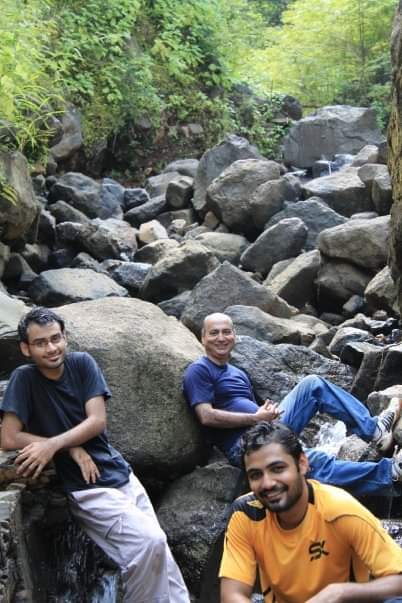
One of my closest friends, Karan, started trekking when his dad took him to Duke’s Nose and Korigad Fort in Lonavala at the age of 16. His Dad had in turn picked up the sport from his dad and office colleagues. This is a common theme amongst adult trekkers. We understand the importance of being in nature and want to expose our kids to the same gift. I asked Karan if it made any difference in his relationship with his father to which he replied “me and my brother share a great relationship with him, it did not make a difference in the relationship as such but we got a better understanding and saw other facets that we wouldn’t see in day to day life, mostly humor”. When I inquired Karan about the impact of nature on his personality he replied “A calm demeanour takes over me while I am in nature, zen like mind in a meditative state, the quietness. Unfortunately despite my best efforts I am unable to reach this state of mind in the mundane city life”.
You don’t always have to go to the Himalayas. Every state is blessed with beautiful treks, explore what’s around you.
Read stories of trekkers & mountaineers going on epic journeys. Subscribe.
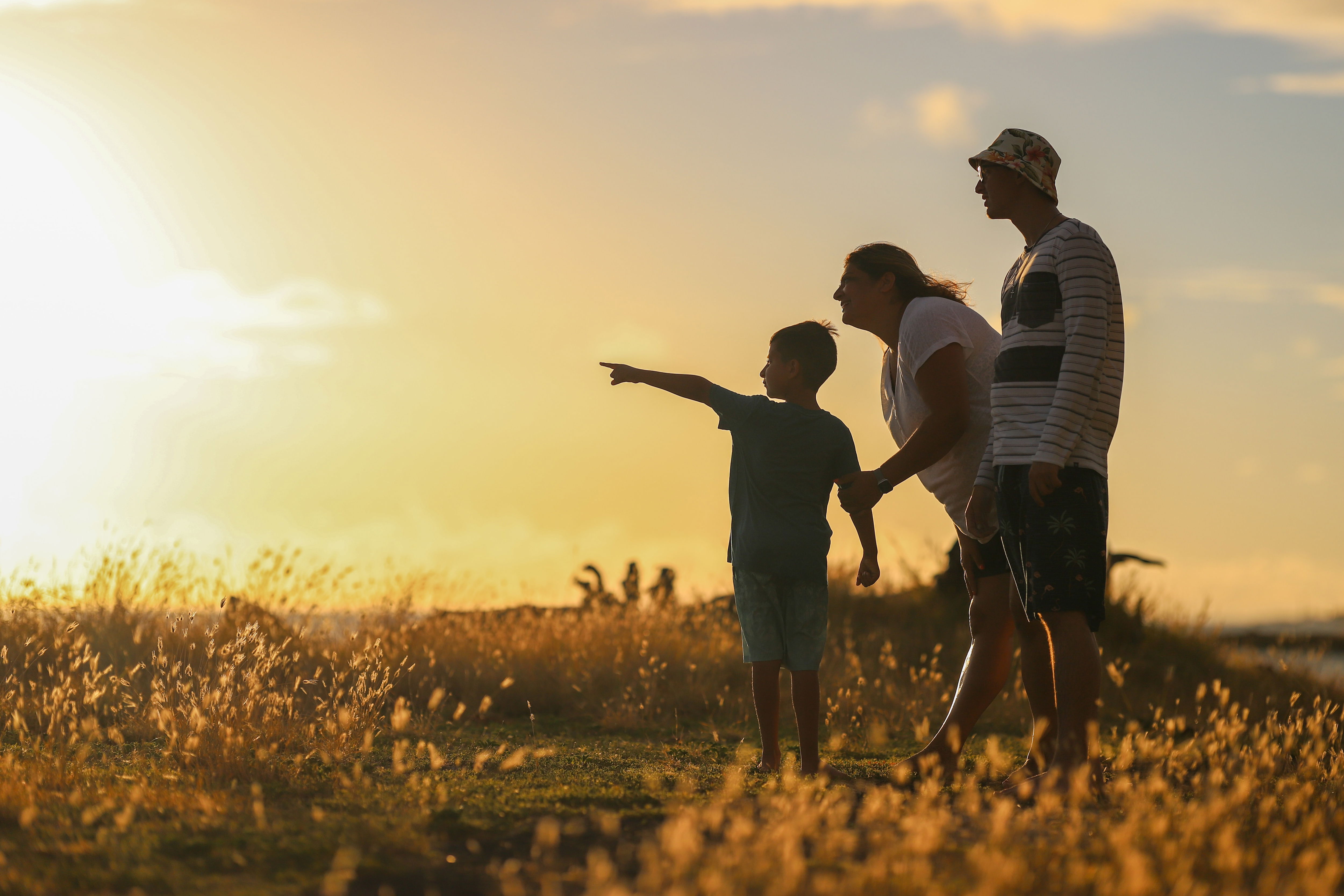
Schools should teach kids the building blocks of learning. They should learn how to learn, anything. That is what will prepare them for the real world.
The chase begins with test scores, right degree, internship, job, projects and promotions. There is no end. No wonder so many young professionals feel emptiness inside and run to nature for solace.
Neither school, college nor career will bring them any satisfaction. Emptiness. Satisfaction comes from understanding the process, diving in and figuring things out ourselves. Without the worry about the end results or judgement. But, our education system teaches children to go on an unending chase. If you stop chasing, you're doomed.
What if we encourage children to learn for the sake of learning? We will raise confident kids that have differential skills and unique personalities. They will not run away when a new problem appears.
Equip them with tools to solve problems and they will have a rewarding personal and professional life.
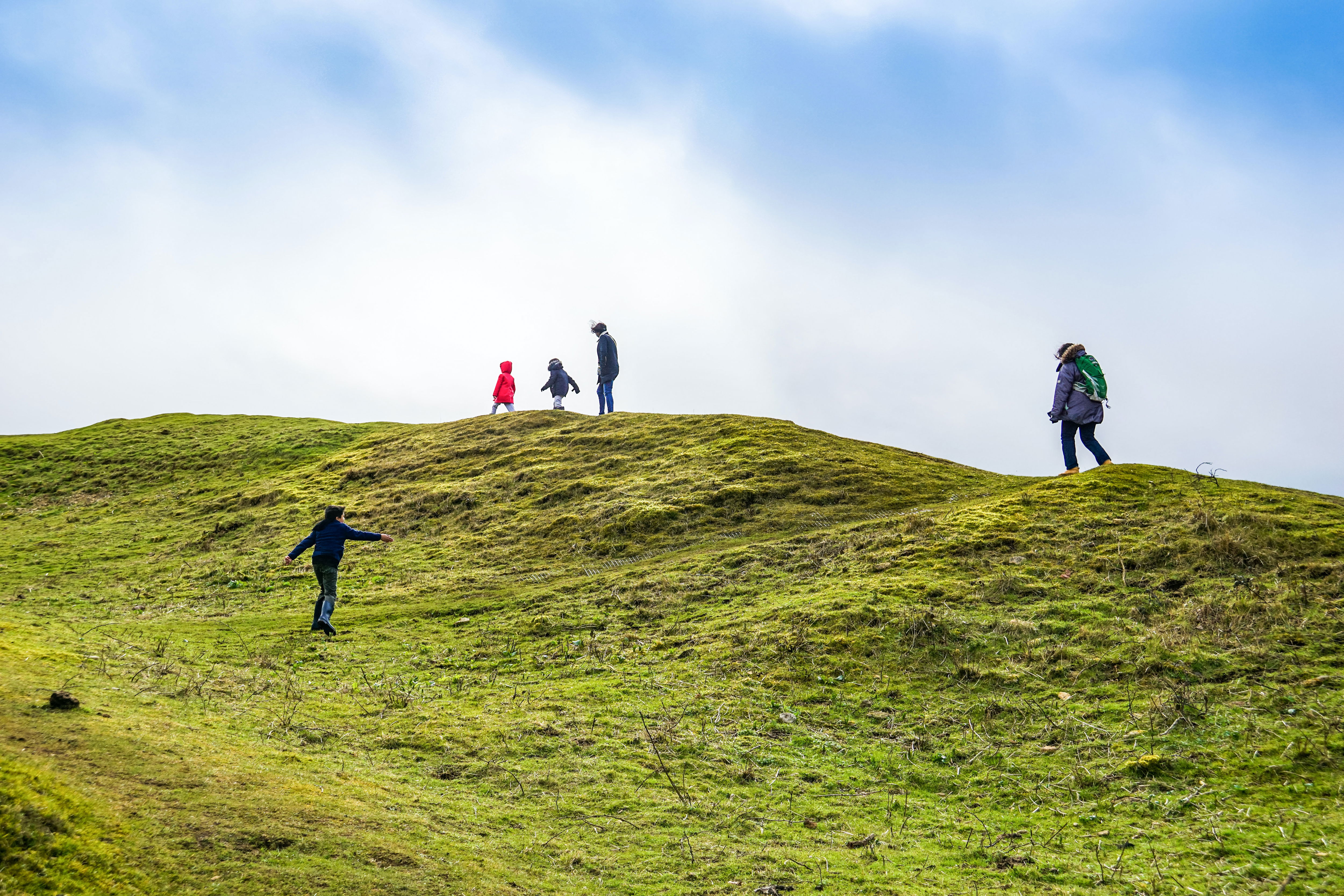
Izzat Yaganagi, a dear friend heads Experiential Learning Programs (ELP) for Indiahikes. They have taken thousands of students on treks. Izzat concludes that there are four major learnings for kids from the ELP:
- Get accustomed to hardships
- Students become more resilient
- Learn to collaborate and cooperate
- Students feel more self confident
She further explains that these learnings don't happen by chance but are by design.
"There are two major elements of the program - one is the trek and its activities, and the other is reflections and how they are conducted. When these two come together is when learning actually happens and is enhanced.
Students carry their own backpacks, cook their own meals and pitch their own tents. They go up to the summit and come back. All the while working very closely as teams. The develop skills of communication and what it means to cooperate with each other.
But most of this learning will be lost if it's not followed by reflections. Which makes reflections a major part of our program. Reflections are conducted by a facilitator who is a trained professional. These facilitators help students reflect on their observations. What went right, what went wrong, what can be done differently next time. This comes out from the students themselves, they verbalise their own learnings. This is what consolidates it."
Here are some family friendly Himalayan treks to take kids along:
Har Ki Dun, 7 days, above 10 years
Kedarkantha, 6 days, above 7 years
Kuari Pass, 6 days, above 12 years
Ali Bedni Bugyal, 6 days, above 11 years
Dayara Bugyal, 6 days, above 7 years
Deorital - Chandrashila, 5 days, above 7 years
Sandakphu, 5 days, above 7 years
My son is almost five. He has sparkles in his eyes when I share my stories of mountains with him. I can't wait for him to experience the joys of nature. Very soon.
Become a smart adventurer by reading our weekly newsletter. Subscribe.

